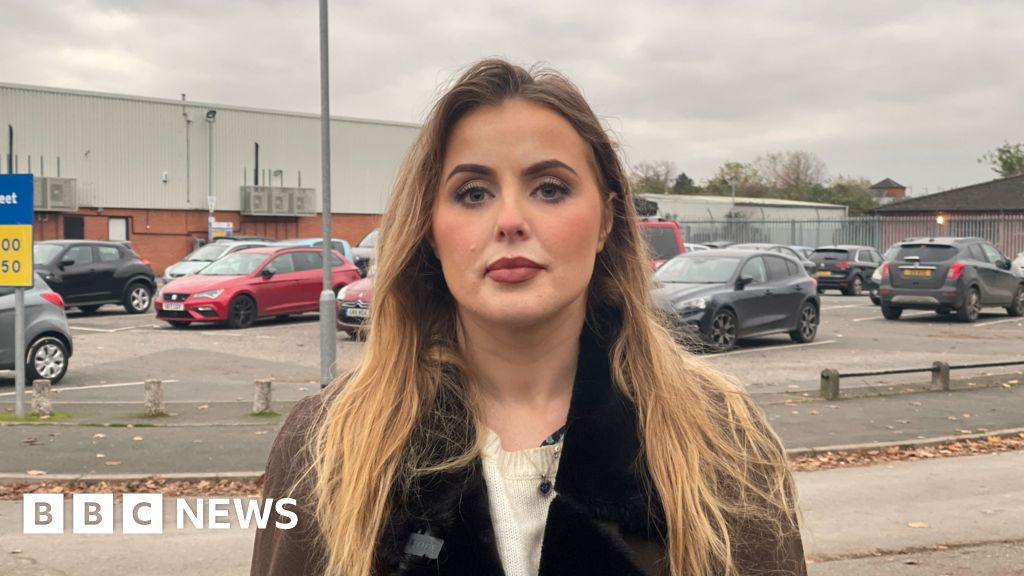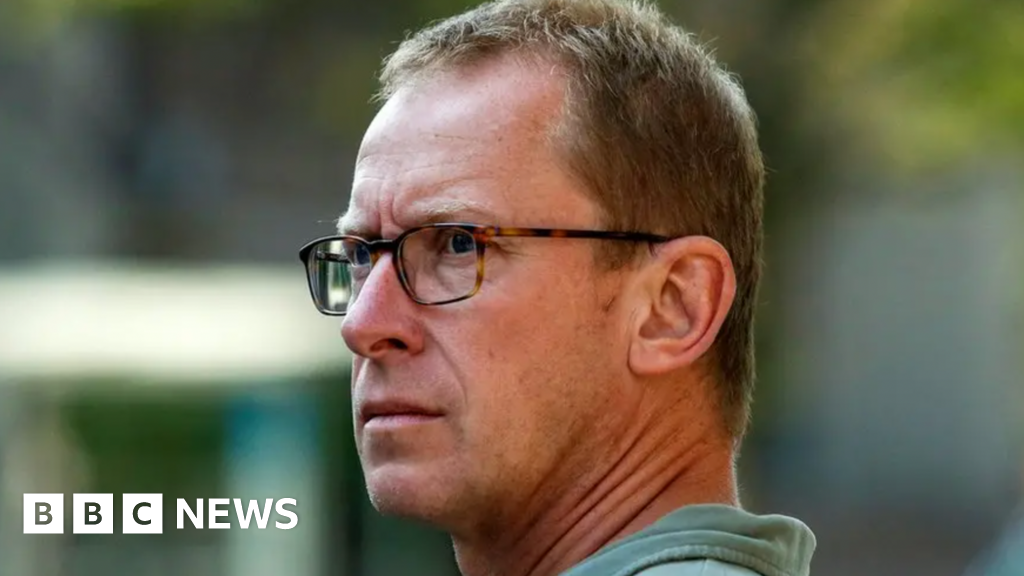In the neighborhood of Greenwood in Tulsa, Oklahoma, also known as Black Wall Street, Black entrepreneurship and the local economy once thrived. But in May 1921, an inhumane act demolished the community in the blink of an eye. It was reduced to rubble by white mobs after a wave of racial violence, and estimates say that mobs killed 300 people and injured 800 more. The event went down in history as the Tulsa Race Massacre. Truth seekers understand that as a society built on systemic racism and inequality, we’ve failed to give this event and the survivors the honor and amends they deserve. And this month, the Oklahoma Supreme Court, the highest court in that state, refused to recognize the truth.
In 2020, the remaining three survivors of the Tulsa Massacre filed a lawsuit against the city of Tulsa seeking recognition for the damages and trauma they’ve had to live with for over 100 years, drawing attention to this forgotten part of history. The case for equality was opened again, as was the opportunity for amends. Not only did the lawsuit gain media traction nationally—it also got my attention.
I was particularly angered after reading about how the lawsuit was playing out, and the lack of support these heroes had been given over the last century. I couldn’t offer justice for what had happened, but I knew I could provide something tangible that could create stability and support for future generations. So my team and I at Business for Good, a venture philanthropy in the Capital Region of New York, focused on leveling the playing field for businesses and individuals who have been marginalized by income, race, and other inequalities, went to Tulsa to hear the stories firsthand from the survivors and families, and donated $1 million to S.T.E.P.S., a non-profit organization designed to help these families.
This month, when the Oklahoma Supreme Court dismissed the case brought on by the survivors, a bold statement was made. Not only does the court’s decision further extend the trauma that the survivors and their families suffered in the events but it also solidifies the fact that we live in a society where systemic racism still exists. This issue needs to be addressed and exposed if we strive to make any progress at all.
Where do we go from here?
For anyone like me who holds a position of power and wealth, it’s vital to take a step back, recognize how we got here, and learn how to use our fortune for good looking ahead. Support can come in all forms—from providing entrepreneurs or organizations in your local community with funding, connections, mentoring, or other support based on your specific skills like marketing, business strategy, accounting, HR, etc. Or, if you aren’t sure where to start, take the time to learn about the problems in your community to determine where your efforts can be best allocated.
For those in positions of power and privilege, we must acknowledge that historically and still today, we are inherently given the upper hand in jobs, as homeowners, and as citizens in the U.S. Just last month, a report from the Labor Department revealed unemployment rates increased for all groups except white Americans. The unemployment rate for Black Americans rose to 6.1% from 5.6%, where it stayed steady at 3.5% for white Americans. We still have a way to go.
This responsibility to drive change and level the playing field starts at the top. So as entrepreneurs and business leaders, let’s be the changemakers in our communities. While some billionaires use their wealth for flights to space and taking over social platforms, it is more important than ever that the wealthy use some of their resources to concentrate on improving social conditions down here on the ground, in neighborhoods that have been neglected for decades. It begins with us.
I know I’m not the only one disappointed with the Oklahoma Supreme Court ruling and how their state government once again has shown these families a complete lack of decency and humanity. However, I hope we can collectively use our disappointment in this setback to spark real change. It should be a wake-up call for everyone who doesn’t have to live with the injustice or discrimination others have faced in their lifetime. To move forward, our focus should be on how to achieve equality and justice for future generations where the country has failed in the past.
More must-read commentary published by Fortune:
The opinions expressed in Fortune.com commentary pieces are solely the views of their authors and do not necessarily reflect the opinions and beliefs of Fortune.
Credit: Source link











